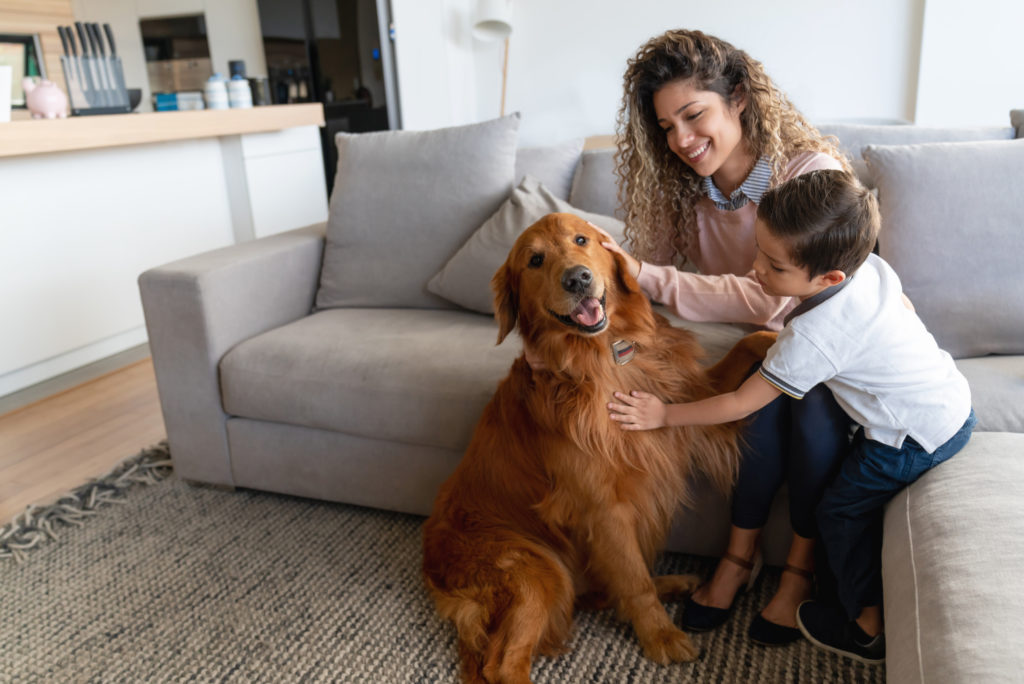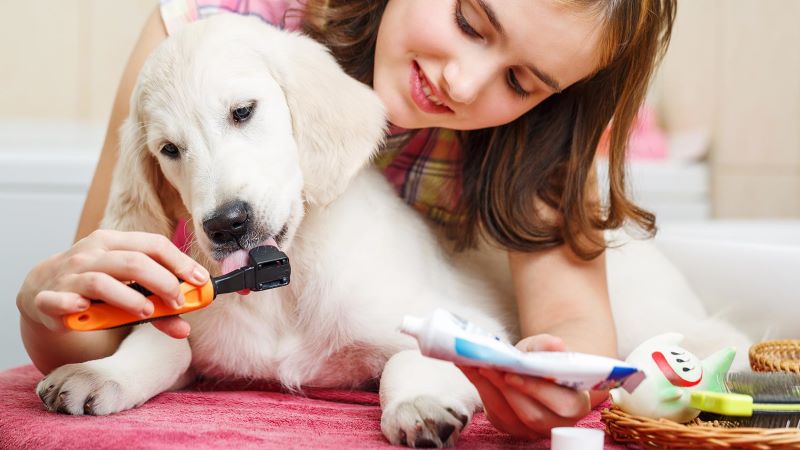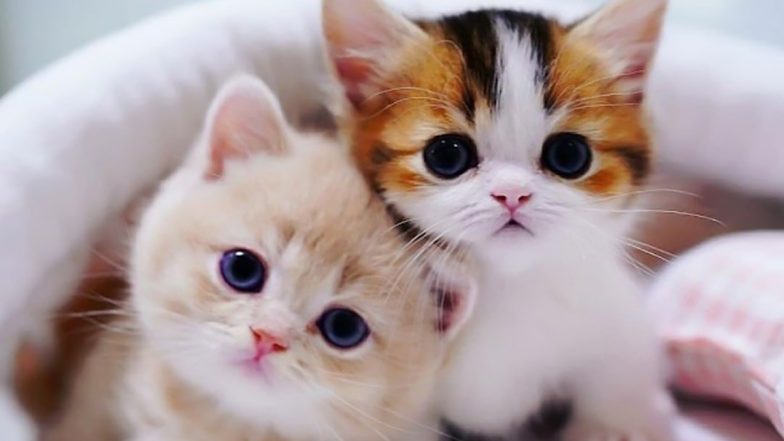How To Doing Protect Your Pets You Should Know

This is an important week and a great opportunity to refresh our memories about which items are toxic and pose serious dangers to our pets. Here we elaborate on the ASPCA’s top 10 list of pet poisons from 2012 calls to their poison control center.
Table of Contents
1. Human Prescription Medications
For the fifth year in a row, human prescriptions top the ASPCA’s list of top 10 pet poisons. The top three prescriptions causing the problems are heart medications, antidepressants and painkillers.
Many of these emergencies are caused by medications spilling out of their containers. If you take prescription medication, it’s a good idea to keep the bottles inside a container with a tight lid and take them in only one area consistently (and preferably in a room or area where pets don’t have access).
2. Insecticides
This is one category in which cats dominate: More than half of calls about cats involve insecticides. The products that fall under this category encompass many insecticides: overexposure to insecticides in the home, products like dips and preventives labeled for use on dogs, and outdoor insecticides that are used or tracked inside the home can be toxic to cats and other pets.
Symptoms from insecticide poisoning can be minimal or appear over time, so it’s a good idea to pay special attention to any changes in your pet if you use an insecticide product. Be very careful when applying topical insecticides to pets; medications are specifically made for dogs and cats separately, so check the label before putting it on your pet.
3. Human OTC Medications
Popping in to your local pharmacy or corner store for aspirin or ibuprofen can be routine, but these over-the-counter medications can be deadly to your pets. The ASPCA received more than 18,000 cases involving medications such as acetaminophen, ibuprofen, naproxen, herbal remedies and other products.
These medications are easy to obtain but can be fatal to pets, so please consider keeping any and all medications in a secure container in a place inaccessible by pets.
4. Vet Products and Medications
Six percent of reported toxic episodes last year were due to products and medications obtained at the vet. The most common problem is flavored medication. Once a dog takes the medicine and enjoys the taste, he is more likely to want more of it. Once you have administered medication to your pet, make sure to move the medication to an area where it can’t be reached or secure it in a tight container high off the ground.
5. Household Products
The poison control center reported more than 10,000 calls regarding household products. Depending on the product, it can cause toxicity or even death. If you have a curious cat or a dog who will gobble up anything he can find, check your house regularly for items that may pose a risk.
6. Human Food
From bones to grapes and raisins, many of the household foods we eat are toxic to our pets. One of the highest reported substances causing problems is xylitol, a sugar substitute that causes seizures and liver failure in pets. Xylitol is commonly found in chewing gum.
7. Chocolate
We’ve all heard someone say “I gave my cat chocolate and she was fine,” but is it worth the risk? Certainly not in my book, and there’s a reason pet owners should keep chocolate away from their pets. The darker the chocolate the higher the toxicity, so even a little chocolate can be fatal for some animals.
8. Plants
Many animals are sickened after eating plants — more than 7,000 of their owners called into the poison control center last year. Some plants can cause kidney failure or death, so it’s important to be mindful which plants are in your home and accessible to your pets. Don’t forget about outdoor plants and ones that are out in abundance around holidays such as holy, mistletoe and lilies.
9. Rodenticides
Baits and poisons meant for rodents can find their way into your pet’s mouth. Some poisons can cause internal bleeding, kidney failure, seizures and death. Make sure your pets are out of the home when pest control methods are used, or hire a professional to rid you of the problem in a way that won’t harm your pets.
10. Lawn and Garden
One of the most popular questions people ask is about dogs eating grass. If that grass is covered in pesticides, your dog could become sick. Almost 3,600 calls were fielded last year for problems involving the lawn and garden. A common ingestion problem comes from fertilizer. Outdoor cats and other animals can be affected as well, so review the products you use outdoors.
Dangers to pets are all around us, and it’s up to us to keep our pets safe. Pay special attention to the items on this list and always keep numbers of your vet, local emergency hospital and poison control center on the fridge and programmed in all of your phones. It just might save your pet’s life one day.
You can also help save the pets of friends and family by sharing this article with them.



